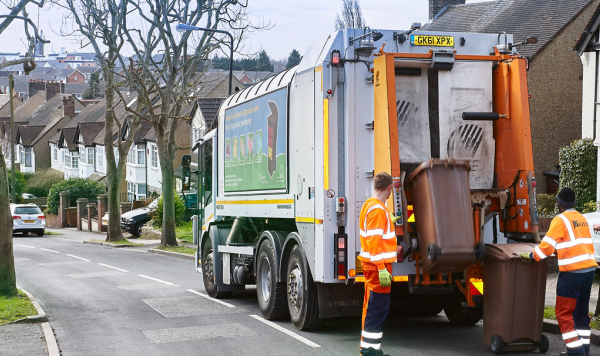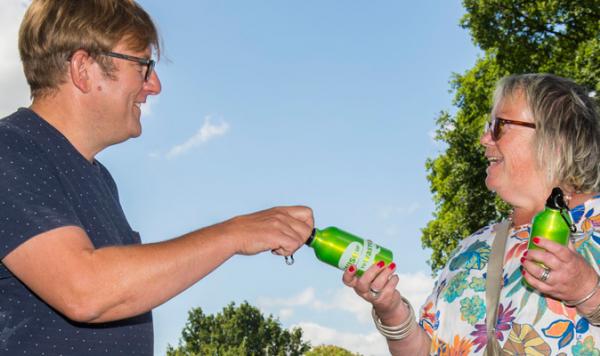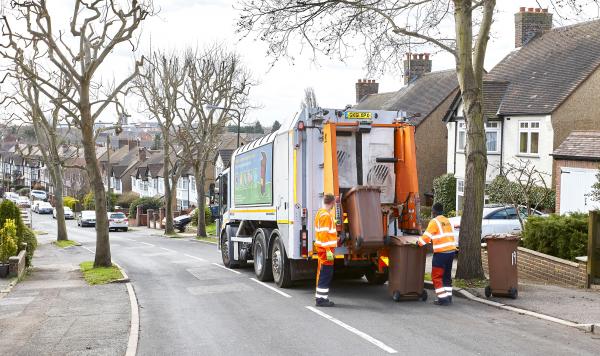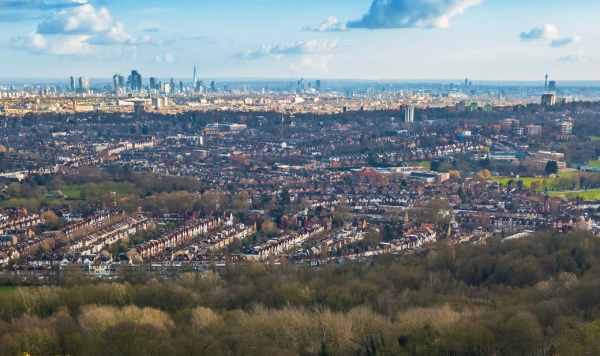Request
I am part of a group concerned about what has come to be known as 'green extractivism'. This is linked to the concern for the growing demand for the minerals which are vital for mobile phones, other electronic gadgets and most recently batteries for electric vehicles. Mostly cobalt and lithium. Mining operations in several countries, some the poorest in the world, for these minerals are damaging to the environment but also very exploitative of local people and as most if not all of the minerals could be reused, though the processes are often difficult, this seems an important area of recycling to develop.
I have discovered that a French company Eramot and Suez were expanding efforts to recycle end of life electric vehicles batteries. See https://www.suez.com/en/news/press-releases/lithium-ion-battery-recycli….
Can you let me know what the NLWA is doing re recycling and reclaiming the valuable minerals in electric car batteries, as well as other electrical gadgets using such minerals)?
Response
Further to our email acknowledging your EIR request (reference 2022-182), our response is as follows.
You requested information on ‘what the NLWA is doing re recycling and reclaiming the valuable minerals in electric car batteries, as well as other electrical gadgets using such minerals)’.
NLWA accepts batteries removed from petrol and diesel vehicles at our Reuse and Recycling Centres (RRCs) but does not accept batteries from end-of-life electric vehicles as these require removal by specialist vehicle servicing or dismantling contractors rather than members of the public.
Electrical devices such as laptops and mobile phones are accepted at our RRCs. In addition to items delivered to RRCs by the public, the seven north London boroughs deliver fly-tipped electrical devices to the RRCs and five of the boroughs also provide kerbside collections. All items are delivered to specialist contractors who can safely treat, recover, and recycle the metals, plastics, and hazardous materials they contain.
We trust that this answers your questions. If you would like any further information, please do not hesitate to raise a further information request. If you would like to complain about our handling of information requests, you can do so by emailing this email address (informationrequests@nlwa.gov.uk) or using the enquiry form on our website.




